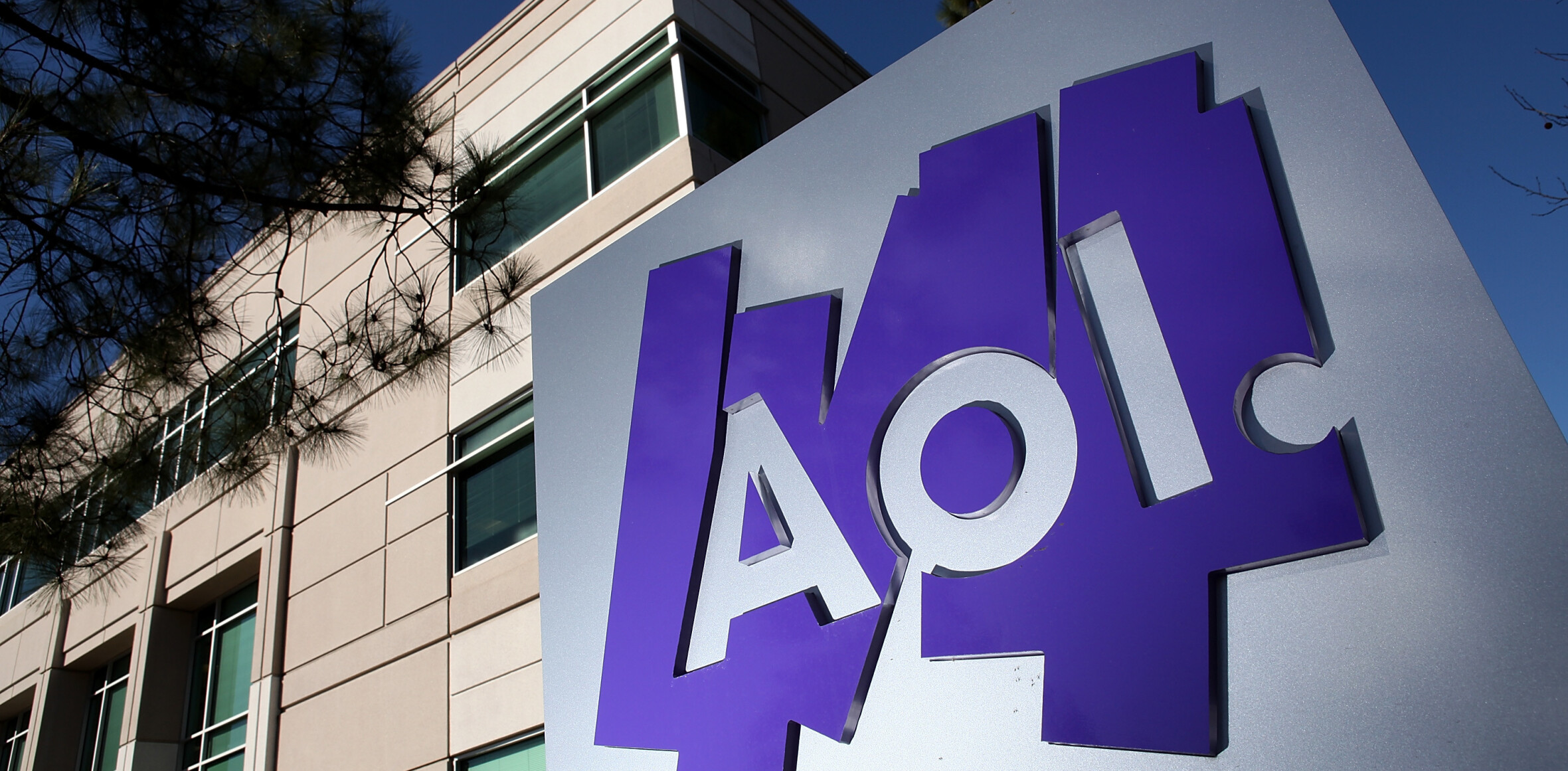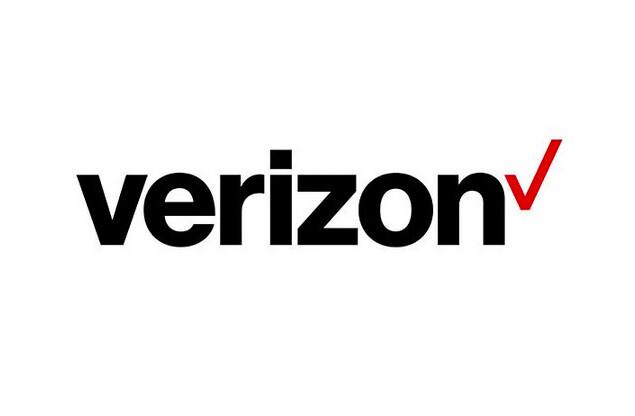
 Hyperlocal news is set to be a huge growth area this year and AOL is gearing up to be a major player in this new market.
Hyperlocal news is set to be a huge growth area this year and AOL is gearing up to be a major player in this new market.
Meanwhile, in the UK The Guardian launched its first hyperlocal site today. As major media companies colonize this space, do small independent publishers have a chance of competing?
Silicon Alley Insider reports that AOL is planning to scale up its Patch network of hyperlocal sites from 30 to “hundreds” by the end of this year.
The company, often derided as a past-it ISP but now a major online media publisher with sites such as Engadget in its portfolio, aims to be a leader in what it reportedly sees as “One of the most promising ‘white spaces’ on the internet”.
The Patch network is currently concentrated around 30 small towns in New York and New Jersey. Each Patch site features local news and announcements (the kind of ‘small but important’ stories often ignored by overstretched traditional local media) with map to browse the locations of stories plus a collection of recent local photos.
While each site is likely to have a relatively small audience, AOL’s bet is that the network effect of having many of these sites dotted around the USA (and maybe the world, in time) will lead to profitability. As ReadWriteWeb speculates, it is likely that writers for the expansion will be sourced via the company’s Seed initiative. This sees professional writers turn in articles on commission basis.
In the UK, Guardian News Media launched its first hyperlocal news site today in the city of Leeds. Following a similar format to Patch sites, the Guardian Leeds site features news, announcements and a map but also provides additional functionality like being able to notify the local council of problems near you and a ‘Contact your Councilor’ tool. Local photos also feature, although unlike Patch these are crowdsourced via Flickr creating more of an ‘inclusive’ feel.
The Guardian has a further two local sites due for launch in the near future. For more background on the initiative see our previous post.
Can ‘Journalist Entrepreneurs’ compete?
When the hyperlocal news trend was first being discussed, many saw it as an opportunity for independent, entrepreneurial journalists to make a living covering local news on their own sites and on their own terms. While there have been some success stories, the movement is still emerging and if big corporations make their stakes in local markets soon there may be no room for independents to make a mark.
Of course, corporations like AOL need journalists to cover local news but in most cases this will simply be in the role of staff or freelancers, rather than as partners with a say in the running of the business.
While there might be room for more than one hyperlocal site in some areas, the message is clear – media corporations are on the march to dominate the hyperlocal news market. Independent journalists need to be quick, or their chance of a profitable future running a mini-media empire in their home town could be dashed.
Get the TNW newsletter
Get the most important tech news in your inbox each week.





